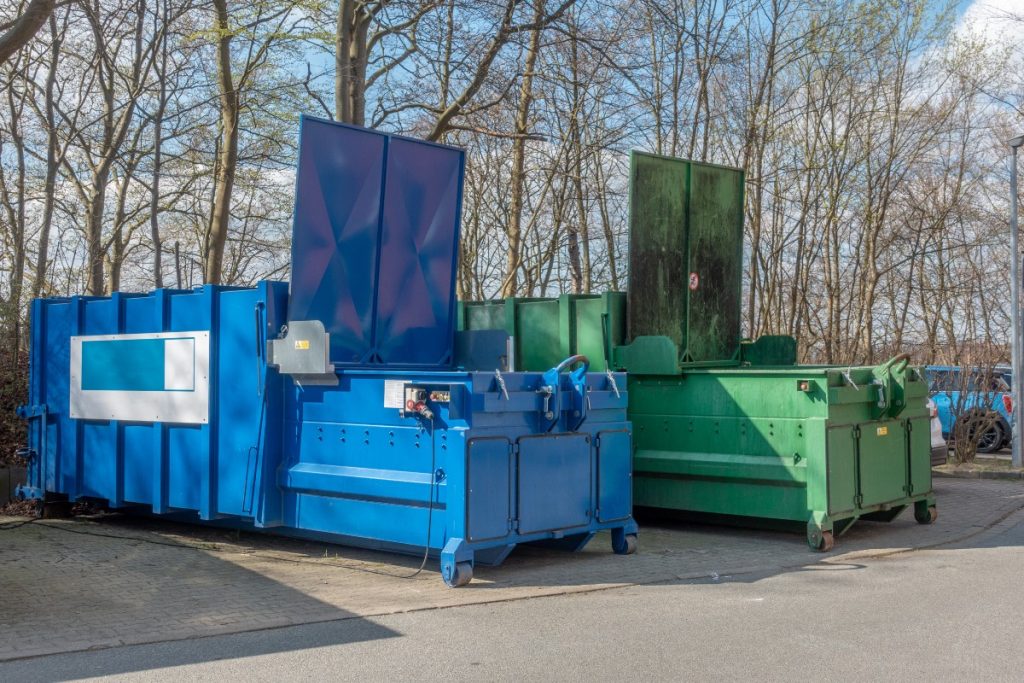You are a municipal solid waste (MSW) producer even if you don’t know what we are talking about. Today you will learn about a common type of waste.
Although the name sounds very complicated, municipal solid waste is what is commonly called garbage, according to a definition by the Environmental Protection Agency (EPA). This is how they fall into this category:
- product packaging,
- yard clippings,
- furniture,
- clothing,
- bottles and cans,
- foods,
- newspapers,
- home appliances,
- electronic products
- and batteries.
Being waste that is handled in any environment, the sources of MSW include:
- residential waste from any type of housing,
- and waste from commercial and institutional locations, such as businesses, schools, and hospitals.
Industrial, hazardous, or construction and demolition (C&D) waste does not fall into this category.
How is municipal solid waste (MSW) managed efficiently?
The ease with which this waste is generated and the vast sources from which it comes makes the amount of garbage enormous. This demands a correct collection and management of waste to be responsible with the environment.
As for the collection, the garbage cans are necessary, as well as bags to properly collect the garbage. Management, in turn, includes recycling, composting, combustion with energy recovery and dumping.
Although landfilling is the most common option, it is also the one that wastes materials that could be reused, recycled or converted into energy to replace the use of virgin materials. Likewise, landfills are the cause of groundwater contamination, the emission of toxic fumes and greenhouse gases, the contamination of the land and the increase in the populations of vectors of pests and diseases, such as rodents, flies and mosquitoes.
And one way to facilitate management is through the rental of waste dupmsters to facilitate the friendliest solutions to do so.
We are not yet ready to reduce waste generation, but we are on that path. In the meantime, it must be recognized that a small grain of sand a day makes a bigger footprint in the future. In the long run, we can count on sustainable materials management (SMM) with the use and reuse of materials in the most productive and sustainable way throughout their life cycle, while minimizing the impact on the environment.



